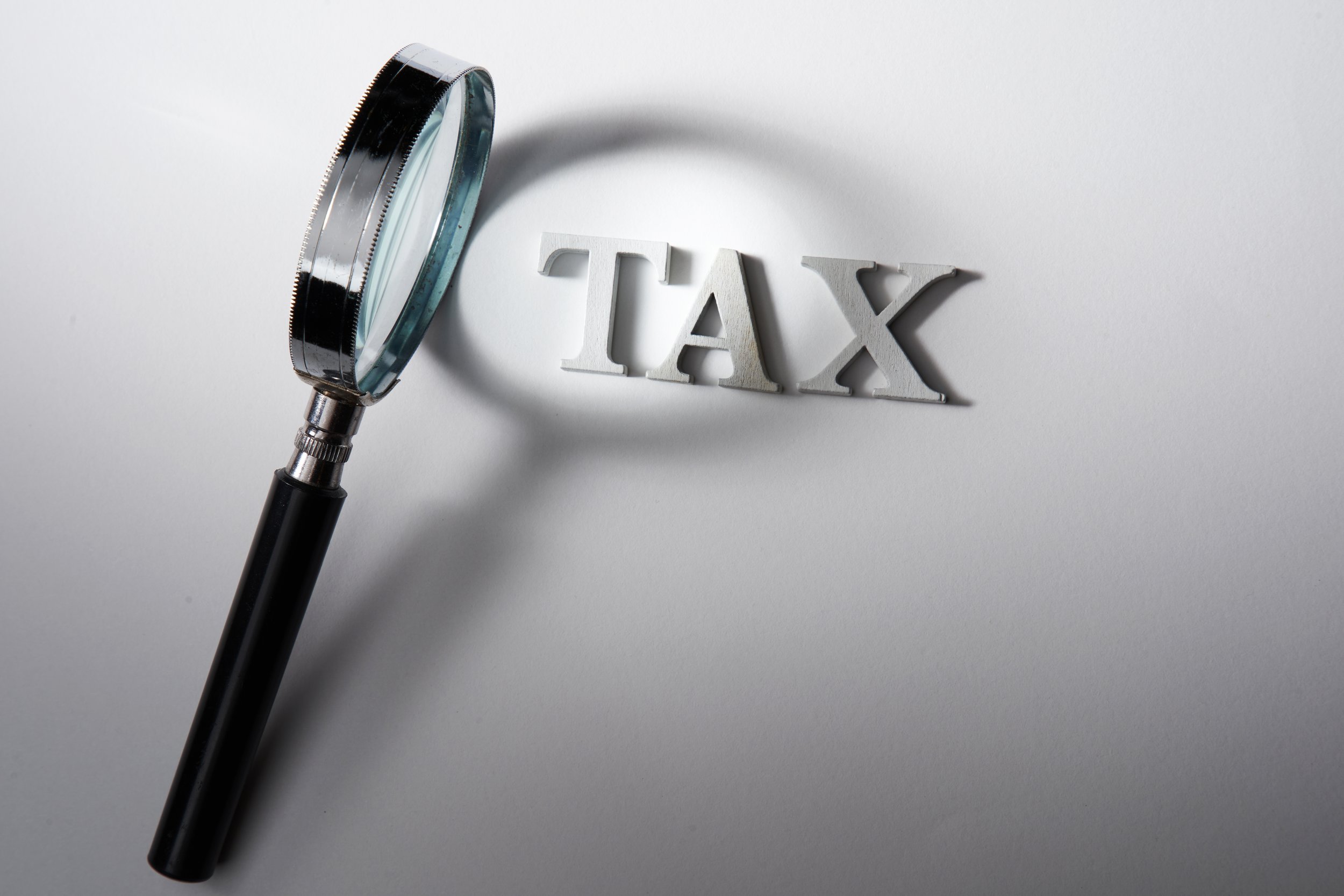As retirement looms on the horizon, the quest for financial security becomes essential. While there are various investment options to support you through your twilight years, real estate, particularly rental properties, stands out as a lucrative avenue for recurring passive income.
However, before diving into the world of real estate investment, it's important to weigh the pros and cons to ensure it aligns with your retirement goals.
Tax Benefits of Rental Income
One of the significant advantages of investing in rental properties for retirement is the tax benefits they offer. Property depreciation can be deducted from your annual tax obligations, providing a means to cut down or even negate the associated tax liability with rental income. This tax advantage makes rental properties an attractive asset for retirees looking to optimize their financial picture.
Inconsistencies in Rental Income
While rental properties can provide a steady income stream, it's essential to acknowledge the inherent risks and potential inconsistencies. Emergent maintenance issues, evictions, damages, and vacancies can disrupt the anticipated monthly cash flow.
Retirees, accustomed to stable returns from their investments, need to be prepared for the occasional interruptions in rental income. Engaging experienced property managers can mitigate these challenges and ensure a smoother investment journey.
Sustainable Growth of Resources
Rental properties offer a unique advantage in that they can sustainably grow your resources throughout retirement. Unlike traditional investment accounts where withdrawals may deplete assets over time, rental properties maintain capital while generating income.
This makes real estate an attractive option for retirees who wish to leave behind assets for their heirs, fostering a legacy of financial stability.
Time and Dedication Required
Investing in real estate, however, comes with a notable drawback—the time and dedication it demands. Not every rental property will turn a profit, and the success of your investment hinges on thorough research and effective management.
Whether you choose to enlist the services of a property manager or take on the responsibility yourself, be prepared to allocate extra resources. Setting aside 15-20% of rental income for unforeseen repairs and emergencies is a prudent practice to maintain the property's value.
Property Management Assistance
The bottom line for retirees considering rental property investments is the potential for added security and continued capital growth. While the road may require extra dedication and expertise, partnering with a property management company can significantly ease the burden.
These professionals can help secure high-return, worthwhile properties while handling the day-to-day management tasks, allowing retirees to thrive in their golden years without the stress of property management.
Rental property investments offer a compelling avenue for financial security and sustained growth. However, it's essential to approach this venture with a realistic understanding of the potential challenges and the commitment it demands.
Working with a reputable property management company, such as 208.properties, can turn this investment into a well-managed, high-ROI asset, providing retirees with the peace of mind and financial stability they deserve in their retirement years.
For more information and guidance on real estate investment and property management, reach out to 208.properties or connect with us on social media. Your retirement journey begins with informed decisions and strategic planning.













